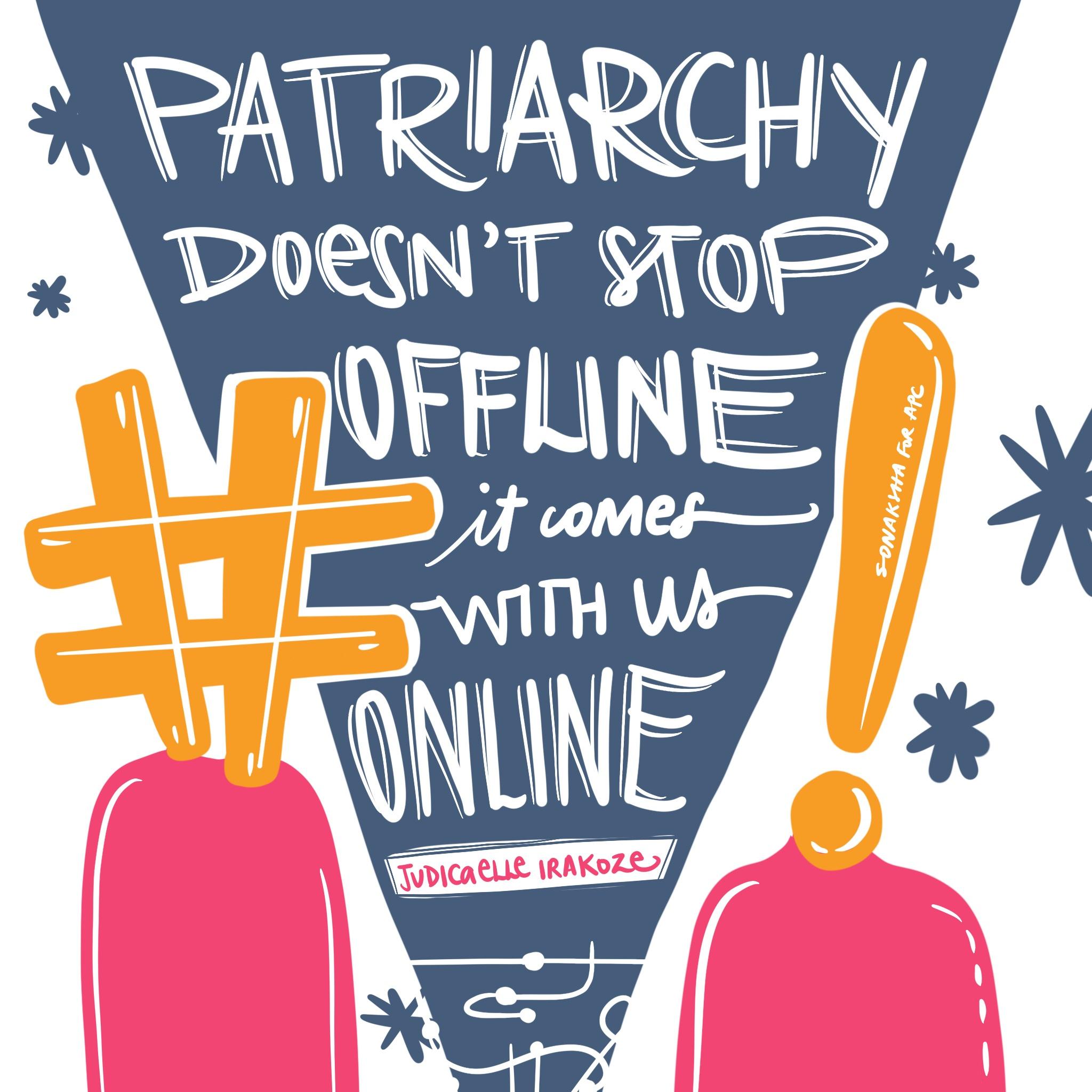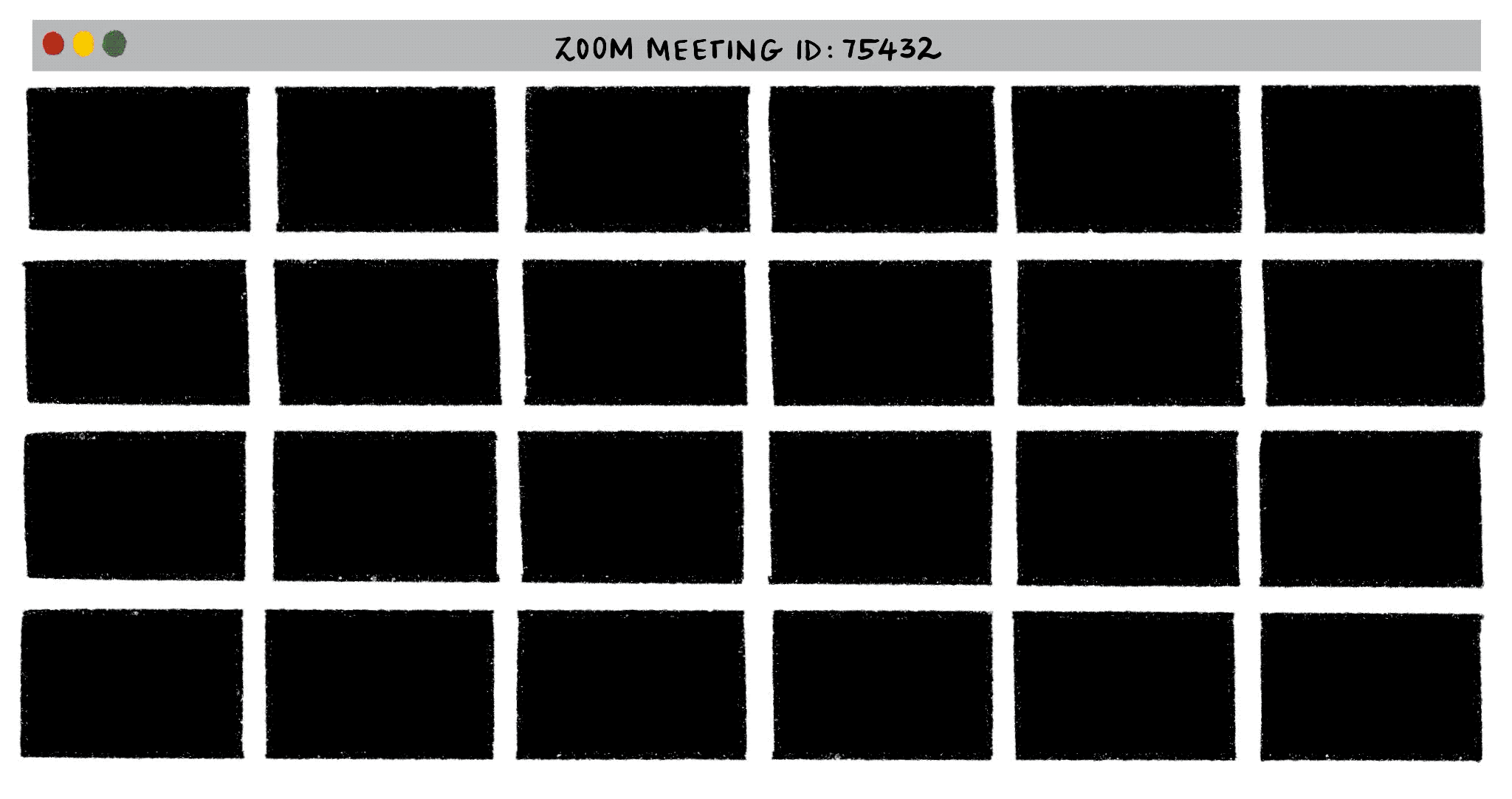
Toolkits
Toolkits
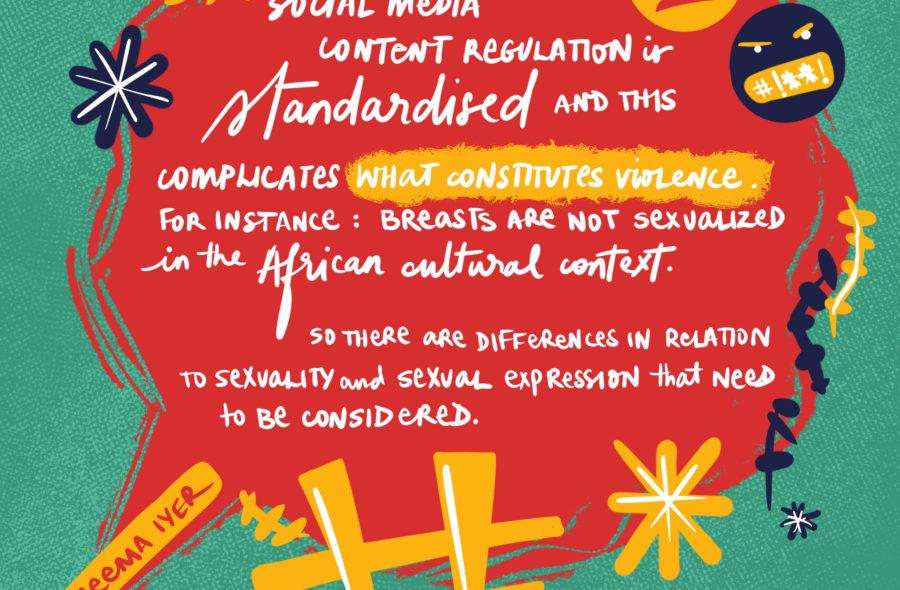
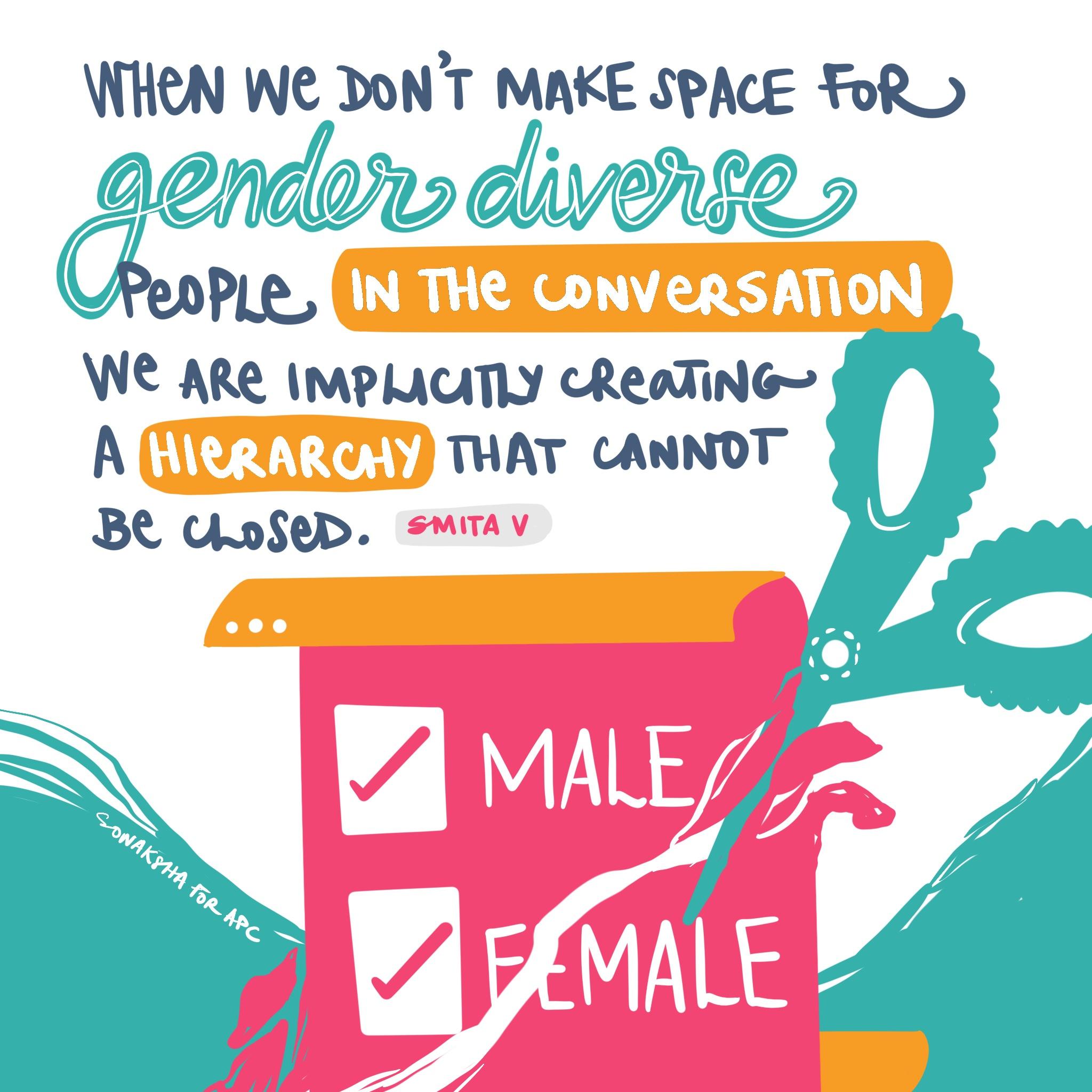
Developed in association with a Sri Lankan feminist and queer organization
Download Let’s talk about safe sex: A guide on making informed decisions here
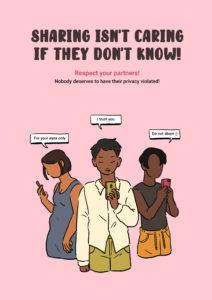
Given the stigma and social unease surrounding the topic of sex and sexuality, it is no surprise that sex is a taboo topic in Sri Lanka. Even though it is a natural part of our lives, open discussions about sex, pleasure and sexuality is often condemned.
This unfortunately leads to a lot of misinformation, miscommunication and people not being able to make informed decisions regarding sex.
Aspects such as consent, contraception and sexual diversity are core principles that are often neglected. The lack of comprehensive sexual education that includes these can even lead to internalized shame, the ill-treatment of partners, the spread of STIs and unplanned pregnancies.
Being fully aware of our sexual reproductive health and rights is crucial for our wellbeing. Understanding sex helps us be safe during intercourse and encourages healthy communication. An important part of understanding sex is learning the facts and science around your reproductive system. Coupling science with sensibility, helps you and your partner(s) be safe.
The more you know and understand, the more confident you will feel about your body and yourself. Remember - Safe is the new sexy. Smart is the next sexy. Stay informed and have fun
Developed for APC by Angela M. Kuga Thas and Serene Lim of KRYSS Network with contribution from Sachini Perera, Shuhbha Kayasta and Smita Vanniyar, hvale vale APCWRP sexuality and networks coordinator.
Designed to increase participants’ understanding of internet governance and how it relates to the activism on sexuality rights. This manual is particularly designed to encourage participants to examine issues of power, control, relationships, and to think of strategies to advance sexuality rights in the political space of internet governance.
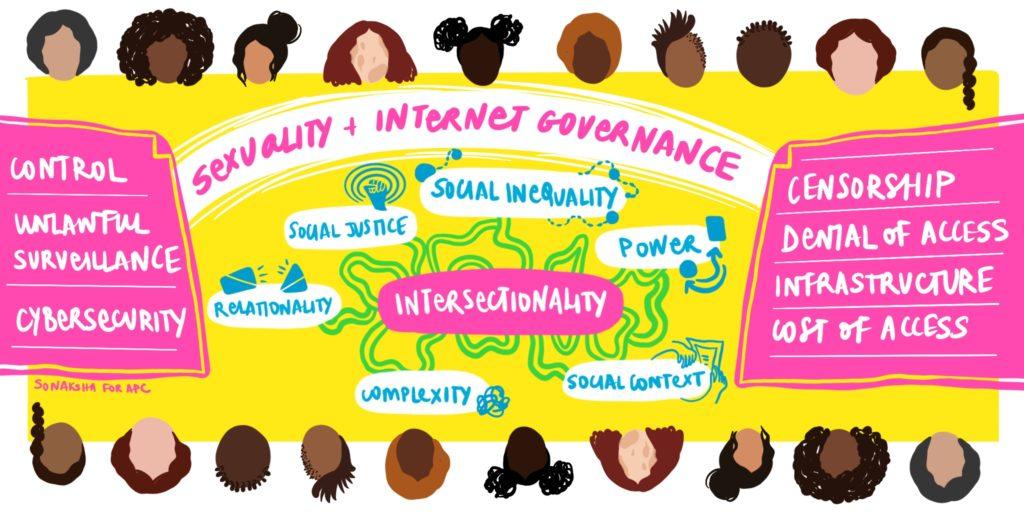
- Introduction & Overview: Designed to increase participants’ understanding of internet governance and how it relates to activism on sexuality rights.This module is particularly designed to encourage participants to examine issues of power, control and relationships, and to think of strategies to advance sexuality rights in the political space of internet governance.
- Learning Objectives & Activities: This section` will guide you through the Module's correct use and understanding. Following the Learning Paths, with activities of varying depth, should allow participants to obtain a better grasp of the presented subjects.
- Intersectionality: Highlights and reflection of a concept older than most of us think, which runs from feminism, to politics and civic activism, to anti-racist struggles under different names.
- Starter Activity: Designed to help participants think about their first-time excitement that they experienced with the internet, and the reasons for this excitement
- Deepening Activity: "Who is allowed to say what?" and "Mapping sexual rights activists and groups in internet governance" are activities that are meant to expand and dig into the topics and themes and bring to the surface how certain voices are privileged while others are censored despite them speaking about the same content.
- Tactical Activity: "Recognising your power" and "Role Playing Game on Gender and Internet Governance" are activities that are meant to respond to multiple learning objectives in practical ways. These include hands-on exercises and practical strategising activities.
- Small Stories: Feminist Server, Reclaiming Expression and Porn, Sexuality and the Internet are the stories on 3 topics with reflection questions for discussion.
- Case Studies: Four case studies by Sachini Perera, Shuhbha Kayasta and Smita Vanniyar which can be used to learn, discuss and engage in groups, give deeper insight and experiences: Tips and tricks on how to engage in Internet Governance spaces; Nine reasons why we need more feminists in internet governance; Role of Gender Report Cards at the Internet Governance Forum and Nepal IGF 2018: Revisiting the experience. Practices and experiences from South Asia created by their authors to offer a first account of Internet Governance and Sexuality from a feminist perspective.
You can browse, read, share and use Sexuality and internet governance module. We hope to encourage its users to examine issues of power, control and relationships, and to think of strategies to advance sexuality rights in the political space of internet governance.
